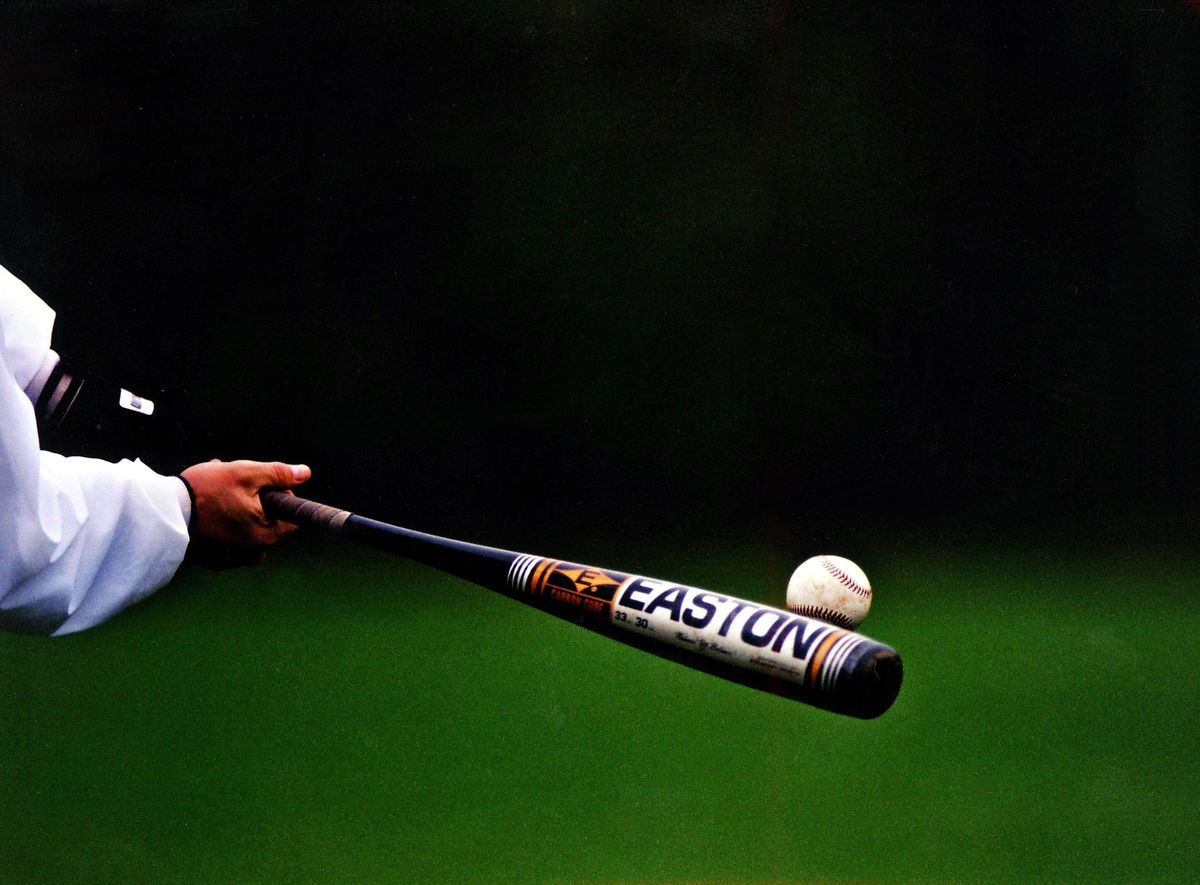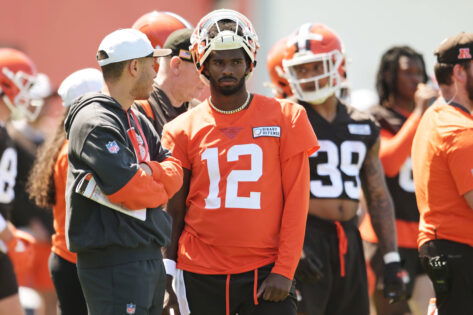The stadium lights were just starting to flicker on when word began to spread. As soon as ESPN’s Jeff Passan broke the news of Luis Ortiz being placed on leave amid a gambling probe, the baseball world sat up—and so did Pat McAfee. The former NFL player shared a blunt message: “Or we’re turning into Savannah Bananas,” signaling what he saw as a growing circus of impropriety. But it wasn’t just a tweet for laughs—it came on the heels of a much deeper concern aired on his show by Passan, who didn’t mince words.
“In Major League Baseball there is one rule and that rule is very simple. Do not bet on baseball and if you do bet on baseball you face a lifetime ban,” Passan warned on The Pat McAfee Show. McAfee himself later posted that statement, giving it even more visibility. His point? This isn’t a minor slip-up—it’s a threat to the very fabric of the game. The mechanics of modern betting are dangerously fueling it.
But the warning runs deeper than just one pitcher or one rule violation. Passan didn’t just mention Ortiz—he explained why baseball may be more vulnerable than other sports. Unlike basketball or hockey, which are fluid and nonstop, baseball is stop-and-start. That structure creates hundreds of micro-moments per game where bettors can wager on outcomes: whether a pitcher throws a ball, a batter grounds out, or a reliever walks someone on four straight pitches. “You can bet on individual pitches,” Passan said, making it crystal clear that even minor deviations—intentional or not—could generate massive gambling profits.
The danger here is that live betting isn’t just about winning—it’s about manipulating. And with anonymous, lower-paid players bouncing between Triple-A and the majors, the window for quiet corruption widens. As Passan put it, “It’s great when this sort of thing gets flagged, but it also makes you think—how many times does this happen where it doesn’t get flagged?” McAfee amplified that concern, hinting that if MLB doesn’t address it with serious urgency, the game risks becoming a sideshow.
And that’s where the tone of McAfee’s reaction really hits home. It wasn’t just about Ortiz—it was a wake-up call. If MLB doesn’t act decisively, it risks losing more than just the sport’s integrity; it could lose the trust of fans who believe players earn every pitch, swing, and out, not buy them. But McAfee did not stop there, and he asked the questions fans are too afraid to ask.
Can you catch someone fixing a game anymore?
While the Luis Ortiz investigation shakes the headlines, Pat McAfee raised a troubling, but necessary question: “Can anything actually happen from this?” During his ESPN segment, he wasn’t just playing devil’s advocate—he was highlighting the blurred lines between human error and intentional sabotage. His breakdown of a scenario where a pitcher just “throws a ball way outside” made one thing clear: If a pitcher throws a ball in the dirt and plays it off as a slip, how can we truly know when it isn’t?
That’s exactly what makes modern betting so dangerous in a sport like baseball. With hundreds of pitches per game and a million ways to mask intention, pinpointing corruption becomes a cat-and-mouse chase. Even Jeff Passan, a veteran insider, admitted: “I don’t know what the answer to that is.” He emphasized that unless investigators can tie a very specific transaction or bet to a particular pitcher or moment, it’s nearly impossible to prove wrongdoing from game footage alone.
Bildnummer: 00185549 Datum: 18.06.1999 Copyright: imago/DC Klassischer Bat; quer, close, Detail, Detailfoto, Ball, Schläger, Baseballschläger, Schlag, schlagen, Feature, Symbol, Logo, Emblem, Easton, Schriftzug, Hersteller, Ausrüster, Ausrüstung, Equipment, Ausstatter MLB 1998/1999, Major League Baseball Baseball Herren Mannschaft USA Einzelbild Aktion Objekte Körperteile Symbolfoto Logo
That uncertainty is precisely why this scandal feels like just the tip of the iceberg. McAfee echoed the thought that the entire structure of the sport makes it “so gettable.” Passan took it further, stating that MLB has to now track every single pitch, every single bet, and cross-check that data constantly. With hundreds of players moving in and out of lineups, not to mention lesser-known names with little financial security, the risk of manipulation skyrockets.
The bigger question is no longer “Did he do it?”—it’s “How many haven’t been caught?” when bettors wager on the outcomes of individual pitches and players treat mistakes as normal human performance, the game itself loses its reliability. And when the game loses reliability, what can fans trust?
The post Pat McAfee Sends Honest Message as Luis Ortiz Gambling Saga Puts Baseball’s Integrity on Trial appeared first on EssentiallySports.



